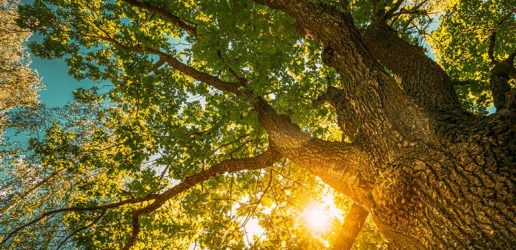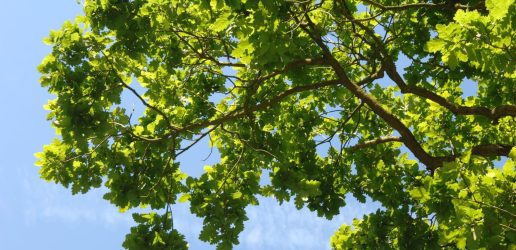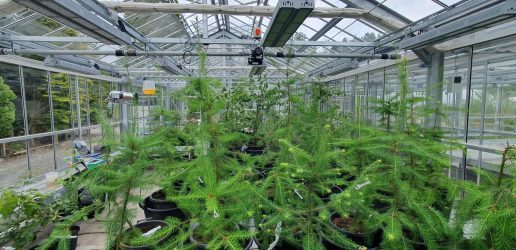
The latest in our Climate Change Factsheet series have been published today, Wednesday 9th February.
Aimed at practitioners, the factsheets showcase the breadth of research carried out by Forest Research, sometimes over decades, demonstrating how trees and forests are facing the challenges of climate change, and offering actionable insights into how trees and woodlands can help mitigate the effects of climate change.
These next four factsheets cover adaptation, urban forests and the effects of climate change on the impact of Canker and Phytophthora. The factsheets can be viewed and downloaded from the links below:
Climate change and tree diseases (Canker) – Forest Research
Climate change and tree diseases (Phytophthora) – Forest Research
Climate change and urban forests – Forest Research
Climate change adaptation – Forest Research
There are now 12 factsheets in the series, and they can be viewed on this website.
Recent News
View All news
Woodland managers are invited to take part in a new project to protect the nation’s oaks
Join a webinar and in-person workshop to learn about monitoring and protecting oak trees.

Webinar: Observing and understanding oak health across the UK
An online webinar launching a new, practical oak-health monitoring system for woodland managers and volunteers across the UK.

Webinar: Understanding drought risk for UK woodland creation and forestry
Hear about new research on how rising drought risk is reshaping UK forestry and the tools being developed to support climate‑smart woodland creation.

Woodland managers are invited to take part in a new project to protect the nation’s oaks
Join a webinar and in-person workshop to learn about monitoring and protecting oak trees.

Webinar: Observing and understanding oak health across the UK
An online webinar launching a new, practical oak-health monitoring system for woodland managers and volunteers across the UK.

Webinar: Understanding drought risk for UK woodland creation and forestry
Hear about new research on how rising drought risk is reshaping UK forestry and the tools being developed to support climate‑smart woodland creation.
